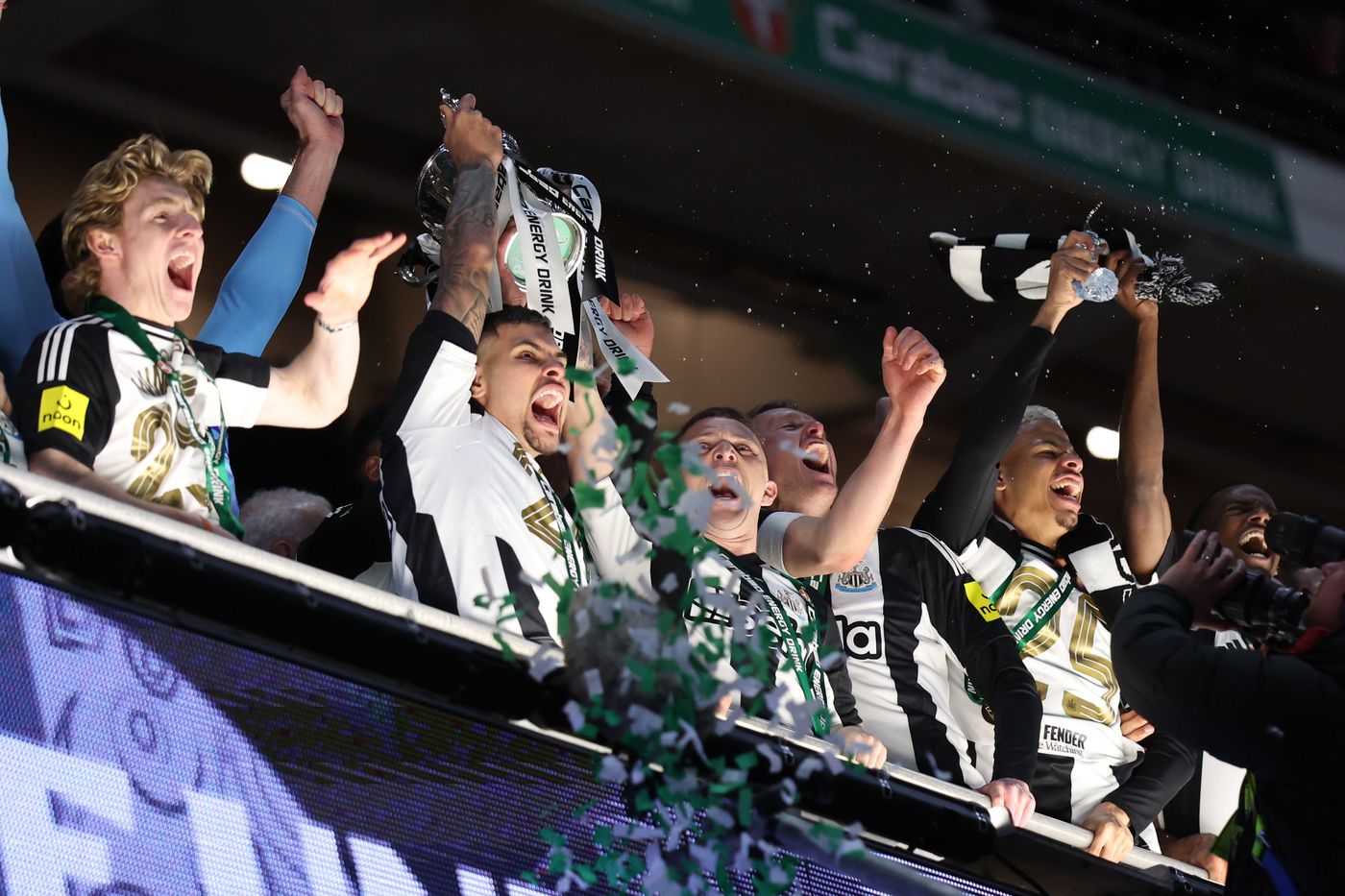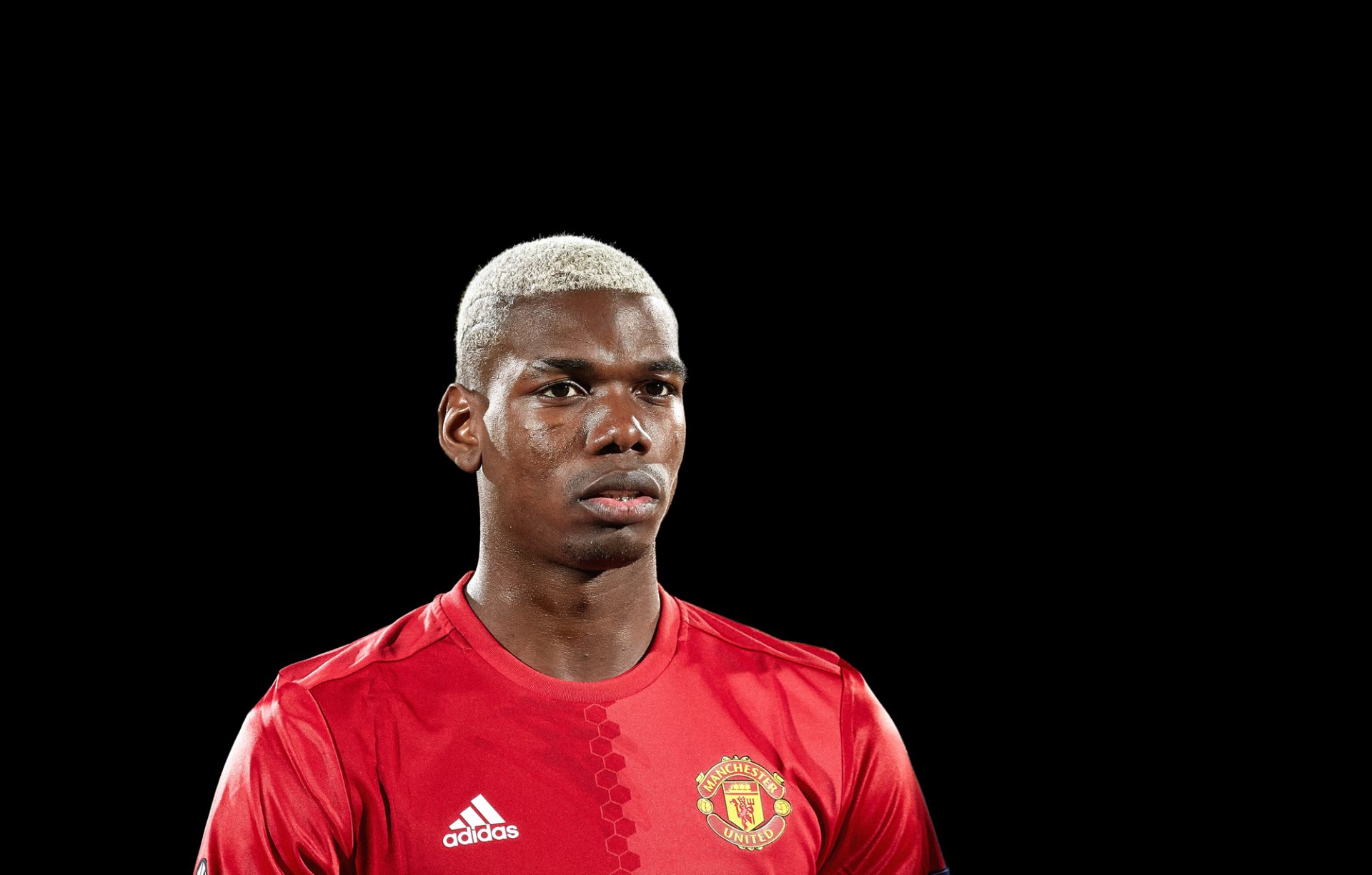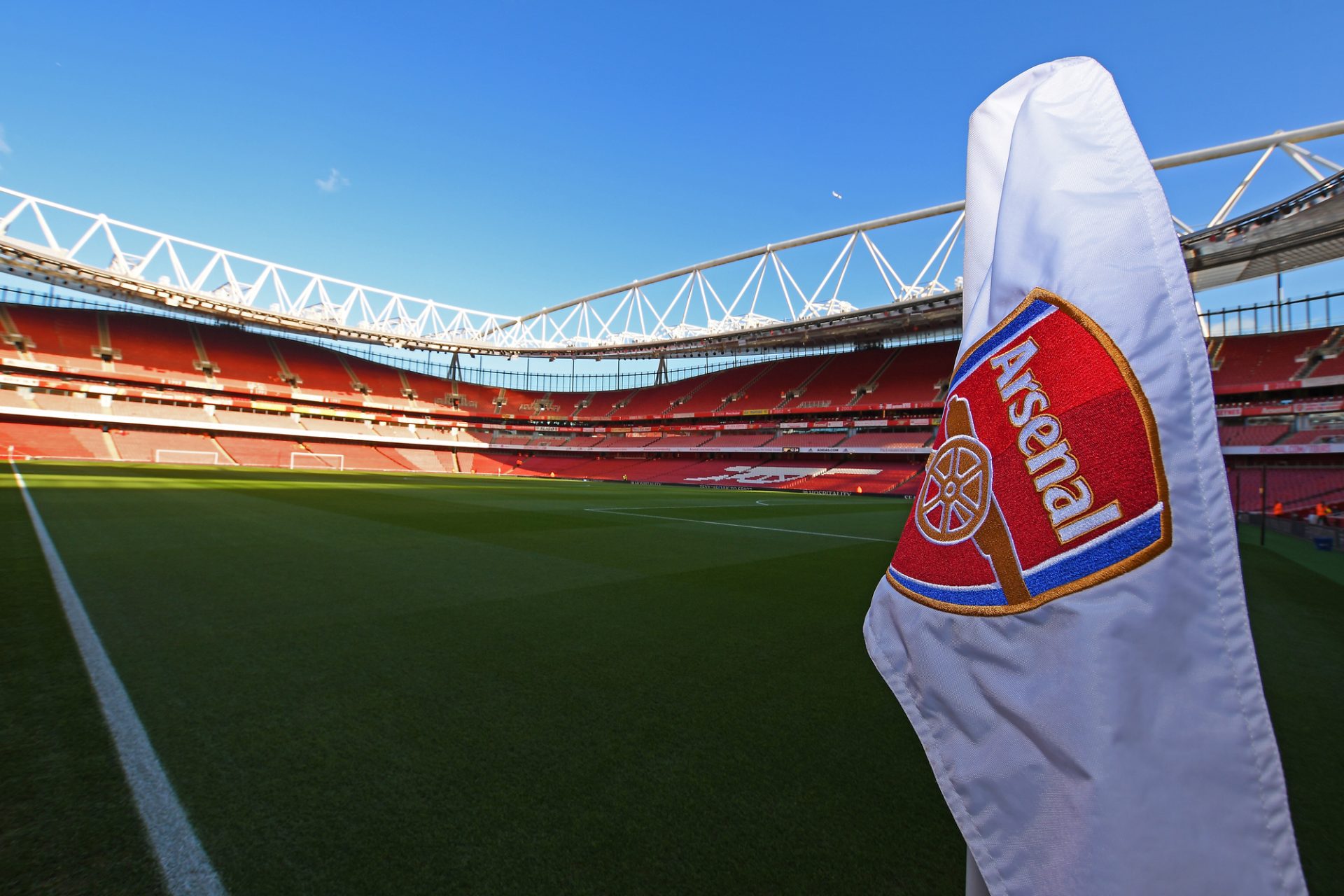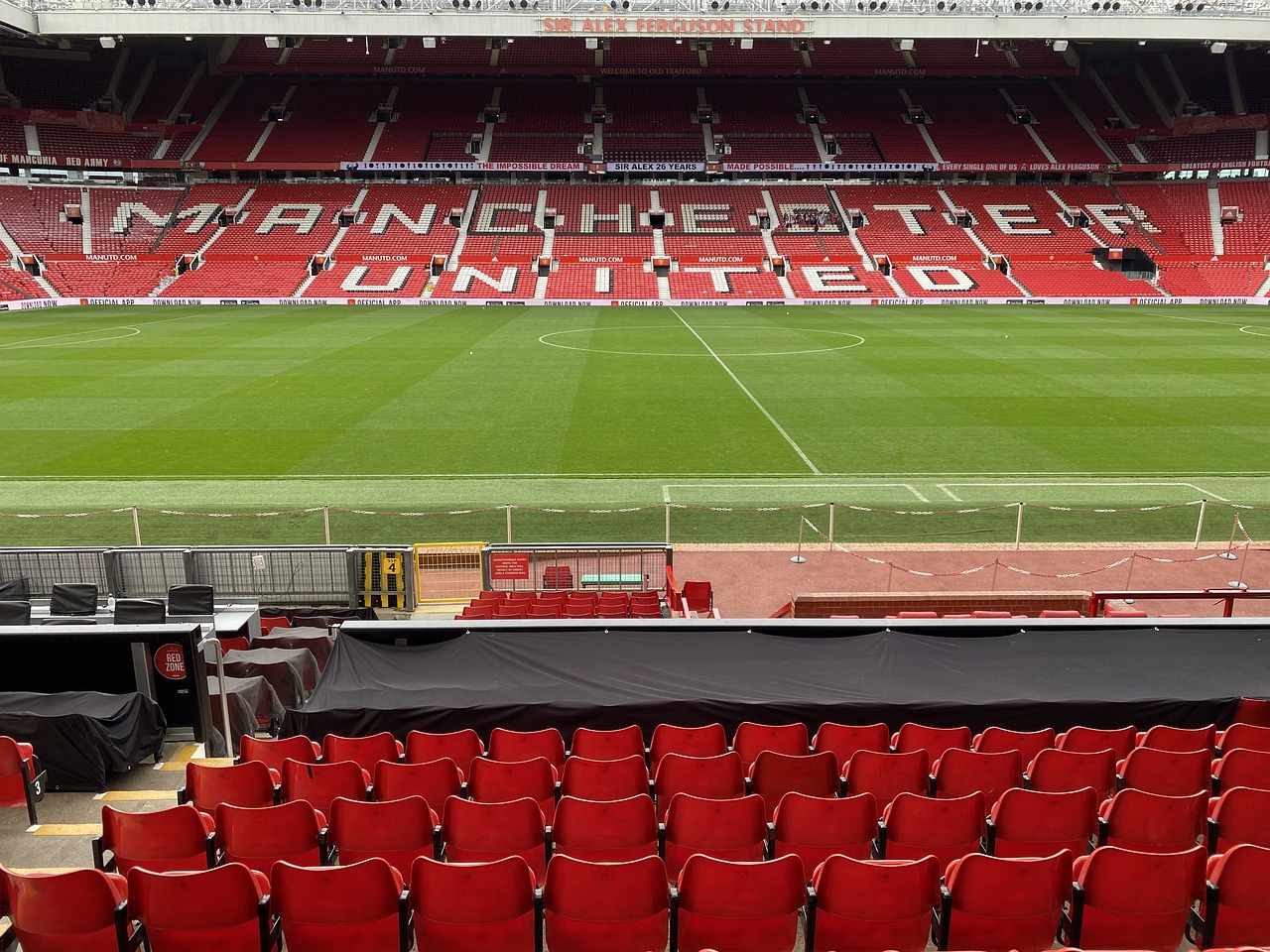The January Transfer Window Was So Quiet Because Clubs Are Terrified Of FFP


Table of Contents
The 2024 January Transfer Window was so quiet because clubs are terrified of FFP. It’s no exageration to say that both the spending and amount of deals going in were well down on what we’ve been used to in recent seasons.
The biggest deal of transfer deadline day on Thursday wasn’t even in football, it was in Formula 1, with Sir Lewis Hamilton confirmed for Ferrari in 2025. It was the dampest of damp squibs, with Sky Sports branding Armando Broja’s loan move to Fulham as the day’s biggest deal.
With the greatest of respect to Broja, that wouldn’t normally even crack the top ten of deadline day in years and windows gone by. So, why did Financial Fair Play ruin the transfer window? And were other major factors at play here?
The January Transfer Window was so Quiet Because Clubs are Terrified of FFP
We normally do a “Winners and Losers” article at the end of each transfer window, but there were no winners and the only losers were us, the fans, who were left disappointed at next to no business being completed.
Even the normally free-spending Premier League was shockingly quiet, with Crystal Palace’s capture of Adam Wharton from Blackburn Rovers for £18m. This is a huge change from 2023, which saw record spending on football transfers worldwide. So, what happened?

There are a number of factors at play here, but we believe that the biggest is that clubs are genuinely afraid of breaking Financial Fair Play and Profit and Sustainability rules. Before now, these rules had been present, but had never been enforced with any real consequences.
However, Everton’s 10-point deduction has shown that the Premier League and by extension UEFA mean business. Even a fine in the millions of pounds would’ve been shrugged off as a slap on the wrist, but points in football are priceless and can make the difference between safety and relegation.
Even tricks to “cook the books” that football clubs have pulled for years are being cracked down upon. Amortisation has been limited to five years for UEFA competitions and European leagues will likely follow suit in time.
What will happen to Forest and Everton?
Everton and Nottingham Forest have recently been found guilty of going over the maximum loss allowed over a three-year period by the Premier League. This is the same offence that Everton have already been punished with, so it’s likely that both will get a 10-point deduction.
Everton seemed doomed not long ago, but have been a credit to Sean Dyche since the first points deduction was announced. A further ten-point drop, though, would send The Toffees down to the bottom of the table, two points behind Sheffield United and four points off safety.

Forest would go down to 18th, level on points with Sheffield and two off Burnley above the dotted line. It’s not insurmountable for either side, but the psychological damage this could do to both of these clubs’ dressing rooms could be severe.
We won’t find out the punishment for either side until 15th April, as the Premier League season is coming to a close. In fact, we won’t even know for sure if any appeals have been successful, as these are due to be concluded on 24th May, five days after the Prem’s final matchday.
This saga has the potential to rattle on all season and will be extremely controversial if points deductions send either club to the Championship.
Is FFP fair?
If you ask an Everton fan, they’d definitely say no, but let’s try and look at this from a neutral point of view. On the surface, both Profit and Sustainability and FFP are good things, as they help to prevent clubs from spending beyond their means and suffering a financial meltdown as a result.
Just ask a Portsmouth fan, whose beloved club went into administration in the top flight and ended up dropping to League 2 within just a few seasons. Both of these systems have been successful in the Premier League, as we haven’t seen a repeat of the Pompey situation since.
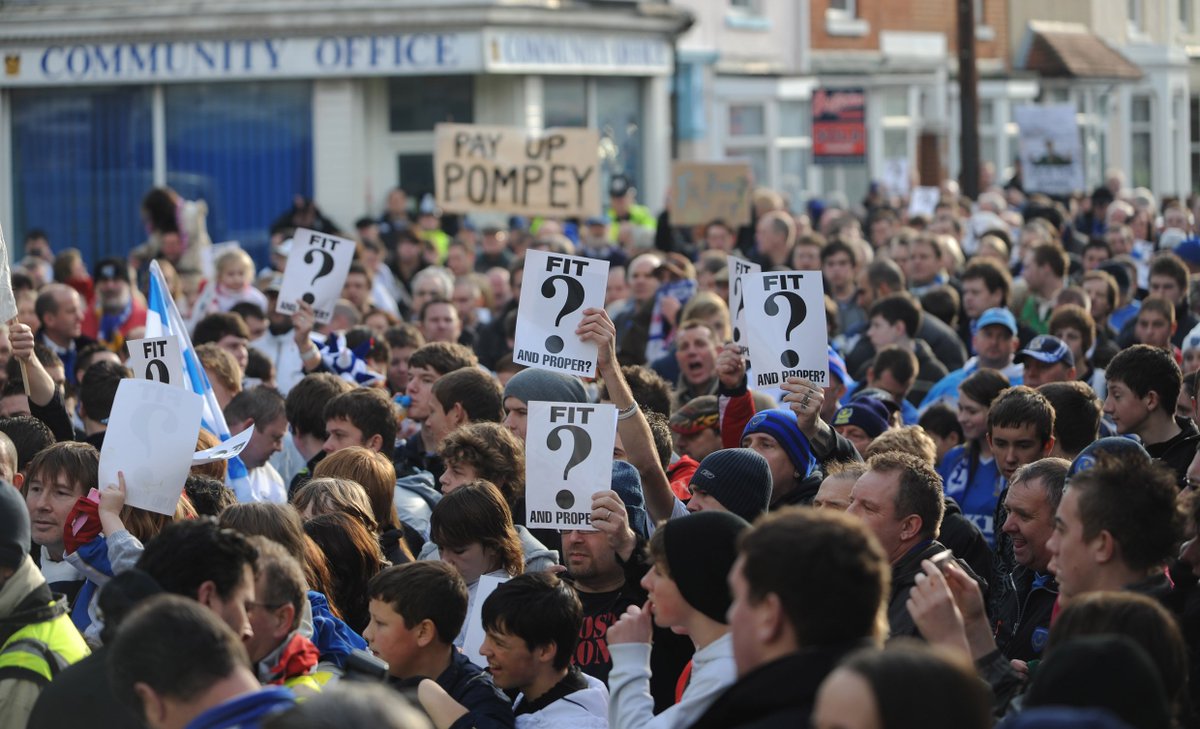
However, like a lot of things in sport these days, there is a dark underbelly to these regulations. The biggest criticism is that it prevents clubs from outside the established elite from challenging those at the top.
The TL;DR version of FFP rules is that you can only spend a percentage of your revenue within a 3-year period. So, if you don’t earn enough revenue, you cannot spend more on transfers nor wages. It therefore makes it difficult for you to challenge clubs that are richer than you, thus making football more predictable.
Newcastle United are one of the most obvious examples of this, as despite having the richest owners in world football, they have to sell before they can buy. When the Saudi takeover first happened, the Toon went to town by spending heavily (and wisely) on around a dozen players.
Now though, this has all but stopped, as the Magpies know they cannot fall foul of FFP and Profit and Sustainability rules or else they’ll face a similar fate to Everton and be kicked out of European competition.
Spending should resume again in the summer, as this will be a new period of accounting for the FFP balance sheets. However, the January transfer window faces a dull and grey future, as the days of the likes of Fernando Torres moving to Chelsea for £50m could be over.


